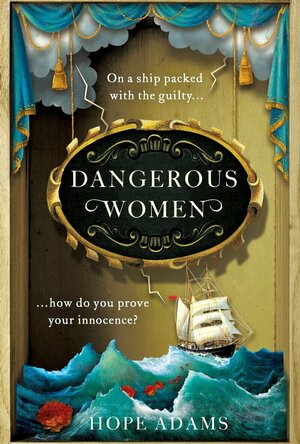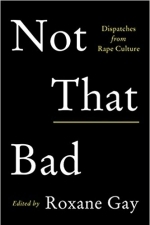
A Match Made in London (Twice Shy Series)
Book
Miss Rosalind Merriweather’s life has been one of hardship and servitude since her late sister’s...
historical romance regency romance British England fiction adult
ClareR (6054 KP) rated Dangerous Women in Books
Aug 31, 2021
The dialogue between the women seemed authentic to me. These convicts came from all parts of the British Isles: London, the West Country, Scotland, Ireland. What connected them though, was their crimes all appeared to be the result of their sex and poverty. They were all working class women who had acted out of desperation, and it was really interesting to hear their stories.
I know this is a work of fiction, but the Rajah did exist, as does the quilt that the women were working on. The quilt is now on display in the National Gallery of Australia. I googled it - it’s beautiful. How anyone could have produced it whilst on a ship in the ocean, I have no idea 🤢
The conditions on board must have been appalling. At the start, the Matron instructs the women to scrub their quarters, but they would have been cramped, their toilet was below decks (buckets), and seasickness along with poor food would have made quite some heady aroma! They may have been convicts, but I was impressed by their stoicism in these circumstances.
I felt that I learnt an awful lot whilst reading this, as well as being thoroughly entertained - it’s a fabulous book!
ClareR (6054 KP) rated Not That Bad: Dispatches from Rape Culture in Books
Nov 23, 2018
As I began reading this, I thought that I was one of the lucky that had never experienced any of these things, but as I read on, I realised that I actually had. I think that the cat-calling, touching and looks are something that we don't so much expect as that we are just used to them. The fact that in my younger years I was very outspoken and told someone who touched me to keep their hands to themselves, or told a commenter to keep their mouths shut, probably meant that I was more lucky than effective when they backed down or apologised. And I also think that British culture was very different 20 years ago, as was I.
What saddens me, is that the people who should really read this probably won't. And if they do, they'll probably brush it off as women who exaggerate or are out to attack men, are men haters. But these are all genuine experiences. This isn't fiction. It's heart breaking, raw and something that shouldn't have any place in our modern world. I've never understood the need of some people to control, manipulate and hurt others, but I think I'm probably naive. Or hopeful, perhaps. Somehow, we need to stop this cycle of abuse and hurt, and until then, stories like this will continue.
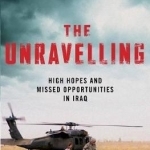
The Unravelling: High Hopes and Missed Opportunities in Iraq
Book
"As a Brit, a woman and a liberal, Emma Sky's presence and position in Iraq following the invasion...
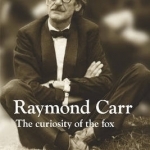
Raymond Carr: The Curiosity of the Fox
Book
Raymond Carr pioneered a new way of looking at modern Spanish history, releasing Spaniards form the...
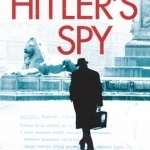
Hitler's Spy
Book
Originally published as Double Agent Snow, Hitler's Spyis the paperback edition, which tells of how...
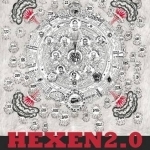
Hexen 2.0: Suzanne Treister
Suzanne Treister and Lars Bang Larsen
Book
HEXEN2.0 is the sequel to HEXEN 2039 which imagined new technologies for psychological warfare...
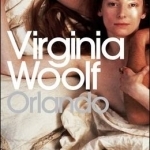
Orlando: A Biography
Virginia Woolf, Sandra M. Gilbert and Brenda Lyons
Book
Once described as the 'longest and most charming love-letter in literature', the Virginia Woolf's...
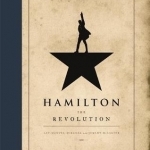
Hamilton: The Revolution
Lin-Manuel Miranda and Jeremy McCarter
Book
Winner of the 2016 Pulitzer Prize for Drama Goodreads best non-fiction book of 2016 From Tony...
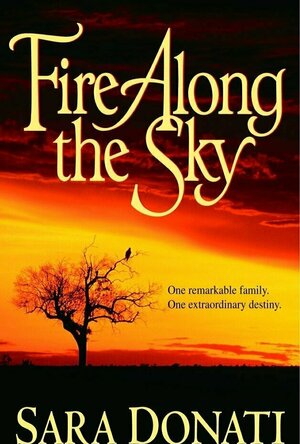
Fire Along the Sky (Wilderness #4)
Book
The year is 1812 and Hannah Bonner has returned to her family’s mountain cabin in Paradise. But...
